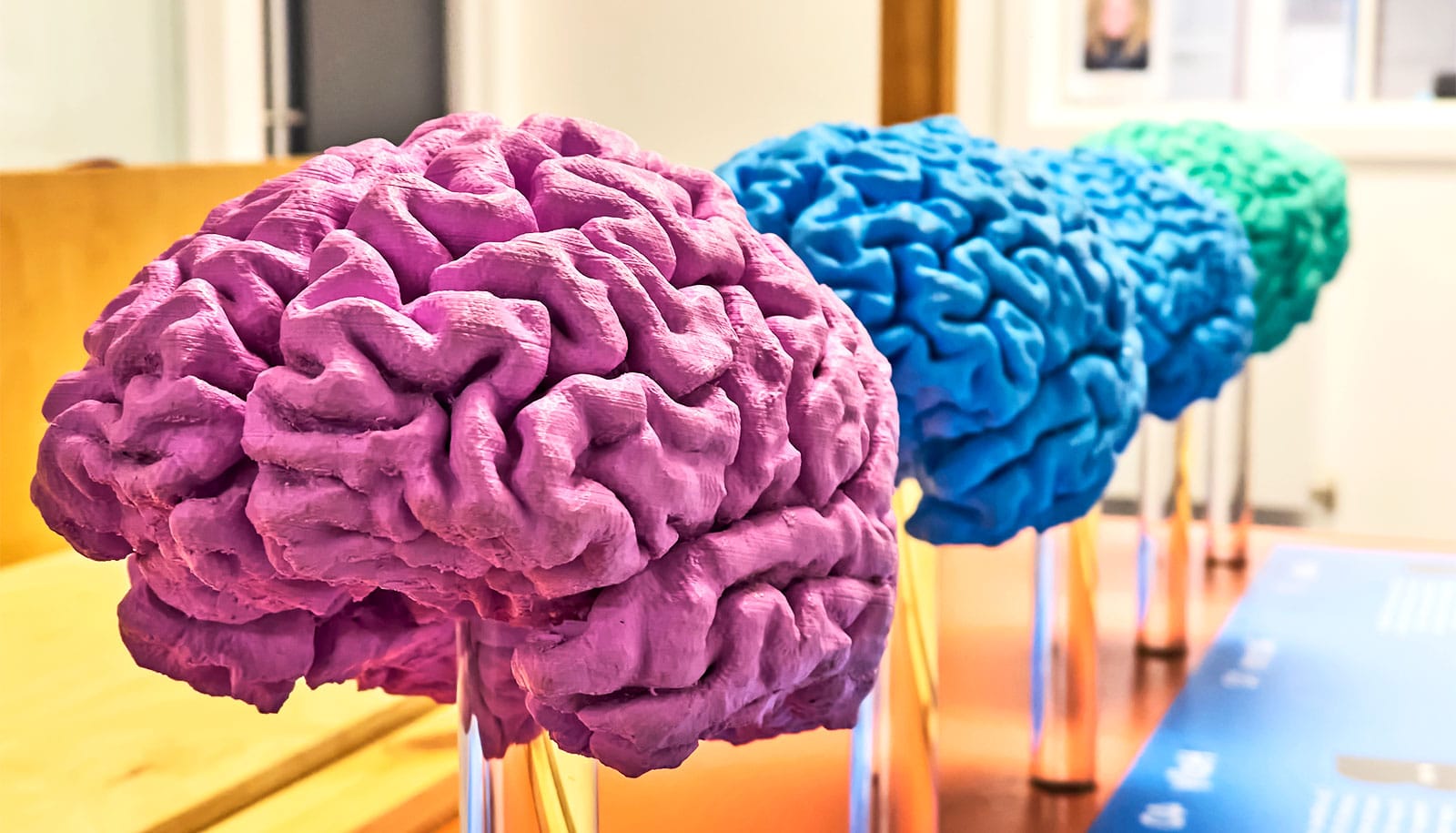Past research shows that more than 85 percent of US adults who are dependent on alcohol are also dependent on nicotine, but why do the two go hand in hand?
Now, a new study with rats finds that nicotine cancels out the sleep-inducing effects of alcohol.
“We know that many people who drink alcohol also use nicotine, but we don’t know why exactly that is,” says Mahesh Thakkar, associate professor and director of research in the University of Missouri School of Medicine’s neurology department and lead author of the study.
“We have found that nicotine weakens the sleep-inducing effects of alcohol by stimulating a response in an area of the brain known as the basal forebrain. By identifying the reactions that take place when people smoke and drink, we may be able to use this knowledge to help curb alcohol and nicotine addiction.”
[Booze makes these neurons crave more booze]
Thakkar’s previous research has shown that when used in conjunction, nicotine and alcohol increase pleasurable side effects by activating an area of the brain known as the reward center, which can lead to increased alcohol consumption.
During the most recent study, rats were fitted with sleep-recording electrodes and given alcohol and nicotine. The researchers found that nicotine acts via the basal forebrain to suppress the sleep-inducing effects of alcohol.
[Drinking to fall asleep just wakes you up]
“One of the adverse effects of drinking alcohol is sleepiness,” Thakkar says. “However, when used in conjunction with alcohol, nicotine acts as a stimulant to ward off sleep. If an individual smokes, then he or she is much more likely to consume more alcohol, and vice-versa. They feed off one another.”
According to the World Health Organization, more than 7 million deaths each year are attributed to alcohol and nicotine use.
The study appears in the Journal of Neurochemistry. The National Institute of Alcohol Abuse and Alcoholism of the National Institutes of Health funded this work. The content is solely the responsibility of the authors and does not necessarily represent the official views of the National Institutes of Health.
Source: University of Missouri


